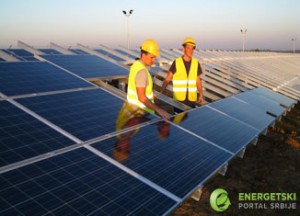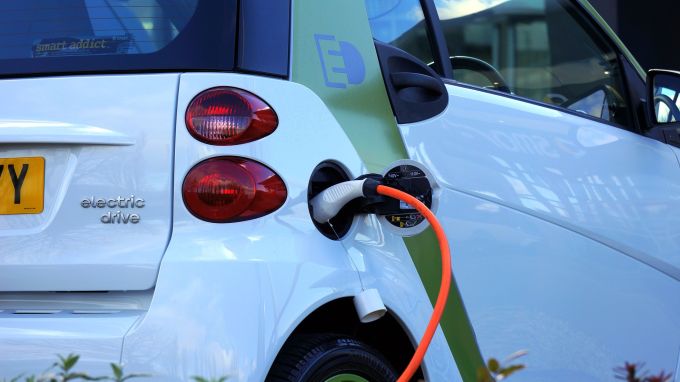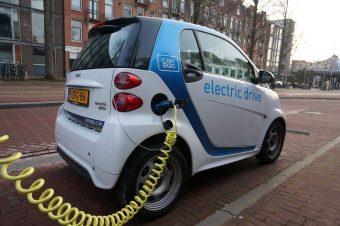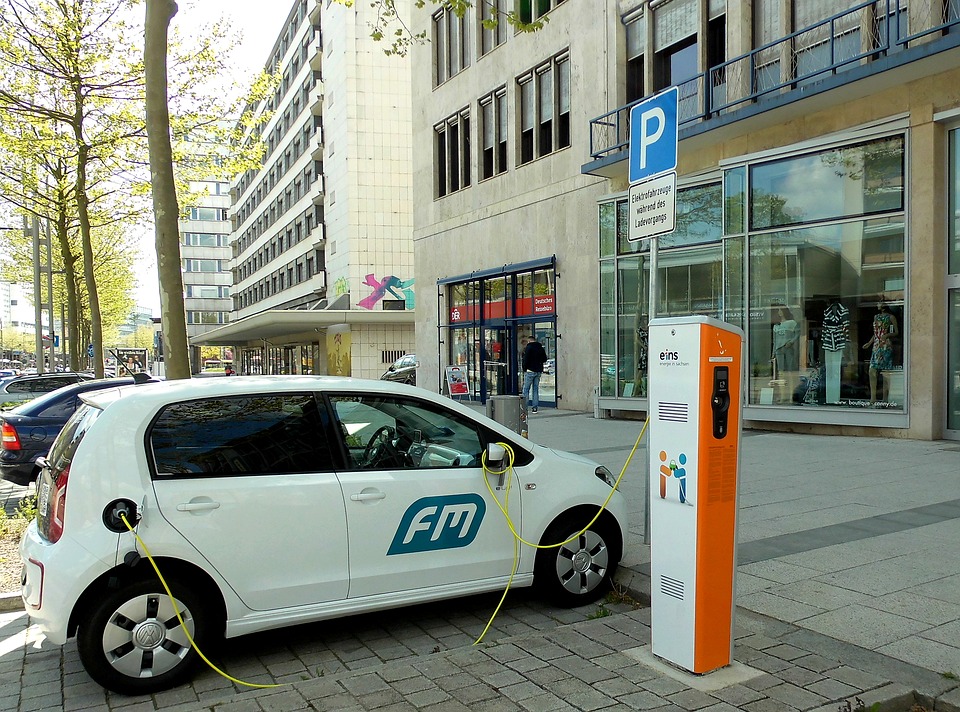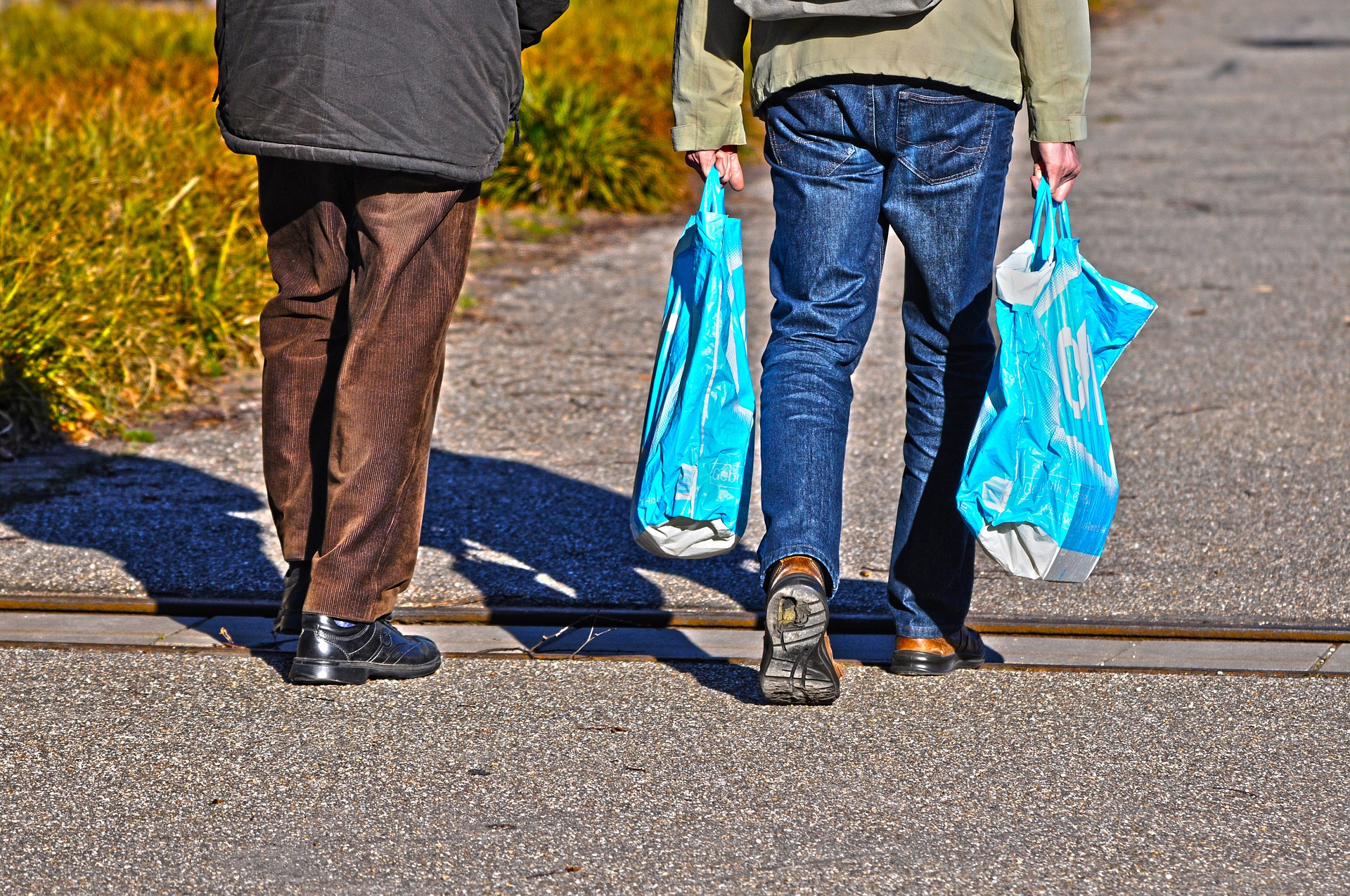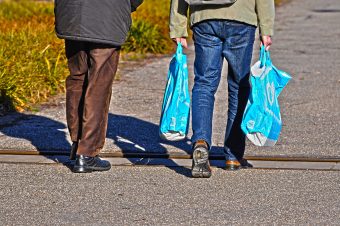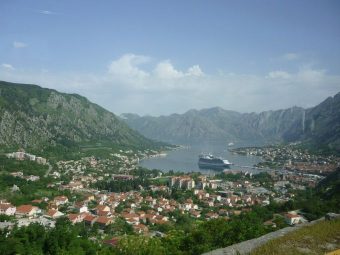
In 2014 a comprehensive plan for the development of the energy sector with the emblematic title “Energy Development Strategy by 2030‘ was passed by the Montenegrin Government. The policy document considers all subsectors and the primary sources of energy, and involves the construction of new energy infrastructure such as Block II of the Pljevlja Thermal Power Plant, new hydroelectric power plants on the Morača and Komarnica rivers, an underwater cable to transport energy between Montenegro and Italy, an Adriatic-Ionian pipeline, and numerous wind farms and hydroelectric power plants.
By 2021, the same strategy plans for investments in the energy industry amounting to over €3 billion, while investments for the period 2022-2030 are expected to amount to around €1.1 billion. For Montenegro this means a financial commitment amounting to approximately €300 million every year in the energy industry, corresponding to almost 10% of the country’s GDP. The “Energy Development Strategy by 2030” also plans for the creation of an agency aimed at managed the storage of petroleum products and a detailed plan to ensure the supplies of oil products and derivatives. The Government has also made the decision to establish the Administration for Hydrocarbons and to allocate initial operating funds to the Montenegro budget for 2015 for its operation. On the other hand, Eni’s entry into the Montenegrin upstream sector is part of the company’s strategy aimed at strengthening its exploration portfolio in an area in which the company has always led the way, since the early 1960s, in Exploration & Production activities. The 4 licenses were granted under the First International Competitive Bid Round.
Source: abo.net


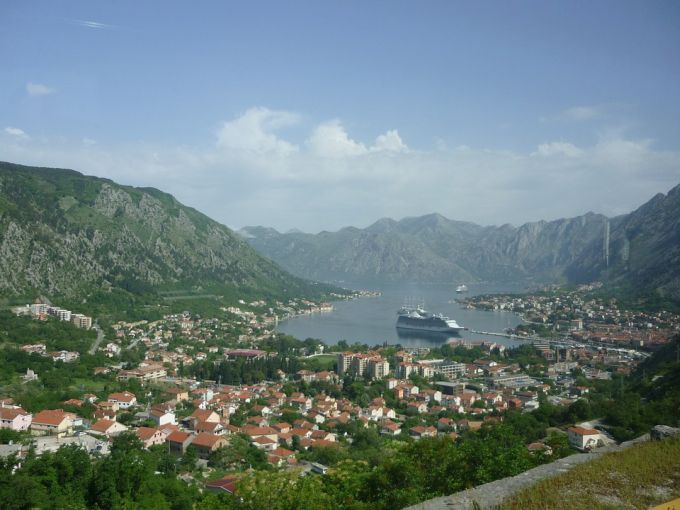





 The European Parliament has approved the ratification of the Paris Agreement by the European Union yesterday.
The European Parliament has approved the ratification of the Paris Agreement by the European Union yesterday.



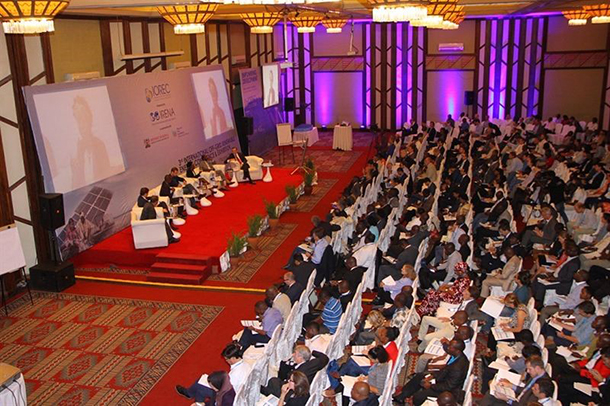
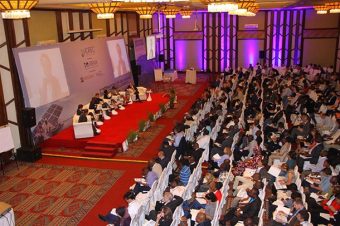 More than 500 participants gathered in Nairobi last week for the opening of the third International Off-Grid Renewable Energy Conference (IOREC). Organized by the International Renewable Energy Agency (IRENA), the conference aims to boost electricity access through the development of off-grid renewables. Today, roughly 15 per cent of the world’s population lives without electricity, but off-grid solutions can provide an estimated 60 per cent of the additional generation needed to achieve universal access.
More than 500 participants gathered in Nairobi last week for the opening of the third International Off-Grid Renewable Energy Conference (IOREC). Organized by the International Renewable Energy Agency (IRENA), the conference aims to boost electricity access through the development of off-grid renewables. Today, roughly 15 per cent of the world’s population lives without electricity, but off-grid solutions can provide an estimated 60 per cent of the additional generation needed to achieve universal access.

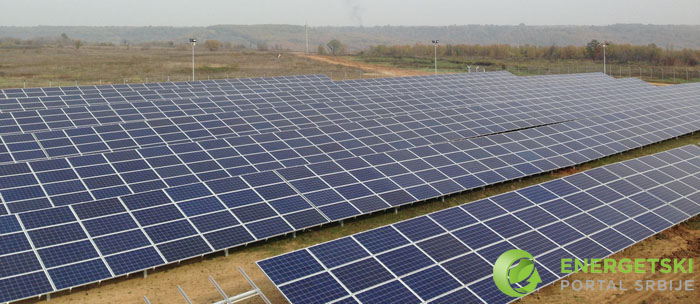
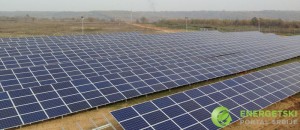 India’s largest power generation company – government-owned NTPC – is on track to complete one of the largest solar power parks in the country.
India’s largest power generation company – government-owned NTPC – is on track to complete one of the largest solar power parks in the country.


